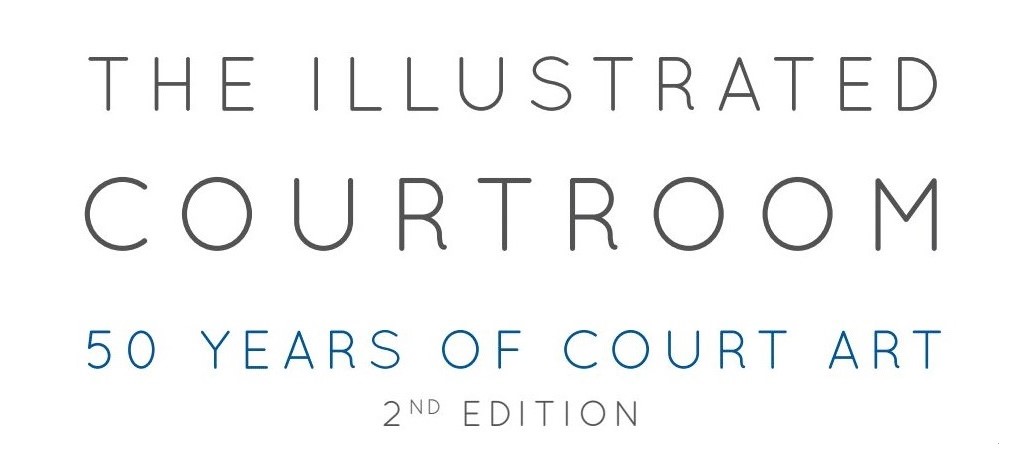Nobody asked
Jonathan Sinnreich, Oyster Bay’s outside legal counsel, and Kevin Keating, defense attorney for Edward Mangano, Nassau’s former county executive, spent much of Thursday morning engaged in a verbal tennis match.
Keating would ask whether Sinnreich agreed with the defense attorney’s characterization of — well, just about anything.
And Sinnreich would fire back, mostly with “no,” along with a detailed explanation of why Keating’s characterization of discussion during an April 28, 2010, meeting — how construction loans are structured, what he said or did not say to a grand jury or to federal investigations and on and on and on — was wrong.At least twice, Sinnreich also disagreed with how his statements to federal prosecutors were stated in FBI notes.At one point during the trial of Mangano, his wife, Linda, and former Oyster Bay Supervisor John Venditto, Keating pressed Sinnreich on whether he mentioned in grand jury testimony that Mangano placed a hand on Singh’s shoulder during the 2010 meeting in the campaign headquarters of John Venditto, then-Oyster Bay’s town supervisor.“I don’t think so, but I wasn’t asked a question that would have elicited that response,” Sinnreich replied.
 |
| Under cross-examination by Marc Agnifilo, Venditto’s lawyer, Sinnreich had high praise for Venditto. |
Smart man
Under cross-examination by Marc Agnifilo, Venditto’s lawyer, Sinnreich had high praise for Venditto.“He is a very smart lawyer and a very smart man,” Sinnreich testified, noting that he has worked as the town’s outside legal counsel — and thus, with Venditto — for more than a decade.Venditto, whose seat at the defense table is closest to the witness stand, didn’t react to the comments.A few minutes later, Agnifilo asked about Frederick Mei, the town’s former deputy town attorney.“I always experienced Mr. Mei as solicitous of Mr. Singh’s issues,” Sinnreich testified.Earlier, Mei testified that he received numerous bribes from Singh over the years, including cash payments, trips and the cost of a lease on a BMW.On redirect examination from Assistant U.S. Attorney Catherine M. Mirabile, Sinnreich, was asked whether Mei — as the town asserted early on after the Singh scandal broke — was a “rogue” employee.“Oh, absolutely not,” Sinnreich replied.Billing practice
At one point, Sinnreich testified, he was asked to put a Rivkin Radler legal bill on work related to the Singh loans through his law firm.Sinnreich said he did so, as he has in the past for other professional services related to projects he worked on for the town. “They wanted me to do it, I did it,” he testified.There is nothing illegal about such “pass through billing,” as it’s called.And the mechanism often is used to speed payment. Still, it also makes seeking a formal town board action on the payment unnecessary, Mirabile pointed out.“Correct,” Sinnreich answered.The method also makes the bill unavailable to the public, Mirable went on.Sinnreich disagreed.“Bills go to the town comptroller,” he said. “I think it is available by the Freedom of Information Law.”But the town’s record on complying with the law hasn’t been pristine, either. In 2016 Newsday sued and won to get access to documents covered by FOIL.A New York State judge ordered Oyster Bay to provide materials, including records related to Singh’s concession agreements with the town, that Newsday had requested under FOIL in 2014.Just say yes
Sinnreich, under questioning by Mirabile, testified that he was pretty much out of continued discussions about how to have the town legally back loans for former restaurateur Harendra Singh — after he continued to oppose many proposed iterations of a deal.During an April 28, 2010, meeting, Sinnreich testified, he laid out his concerns and had some back and forth with William Cornachio and William Savino, attorneys for Rivkin Radler, Edward Mangano’s former law firm.By May, he testified, he was out of the loop.“It had become obvious to me through the town’s silence that the town was looking for Rivkin Radler to say yes to the dress,” he told jurors Thursday.He said he did not learn until much later that the town had amended Singh’s concessions to help him get loans.Lawyer needed
Sinnreich testified that in 2015 Leonard Genova came to him after federal agents visited the then-town attorney’s home.Genova, Sinnreich, testified, was upset.And, he said, that Genova, who had just lost his wife to cancer and has two young children, asked the agents to return later.He told Sinnreich that the agents had agreed to do so.“I asked him if he had a lawyer,” Sinnreich testified. “I told Mr. Genova that he needed his own lawyer, that I couldn’t do it because I am not a criminal attorney.”“I also told him the supe ought to have criminal lawyers,” Sinnreich testified, referring to Venditto


No comments:
Post a Comment